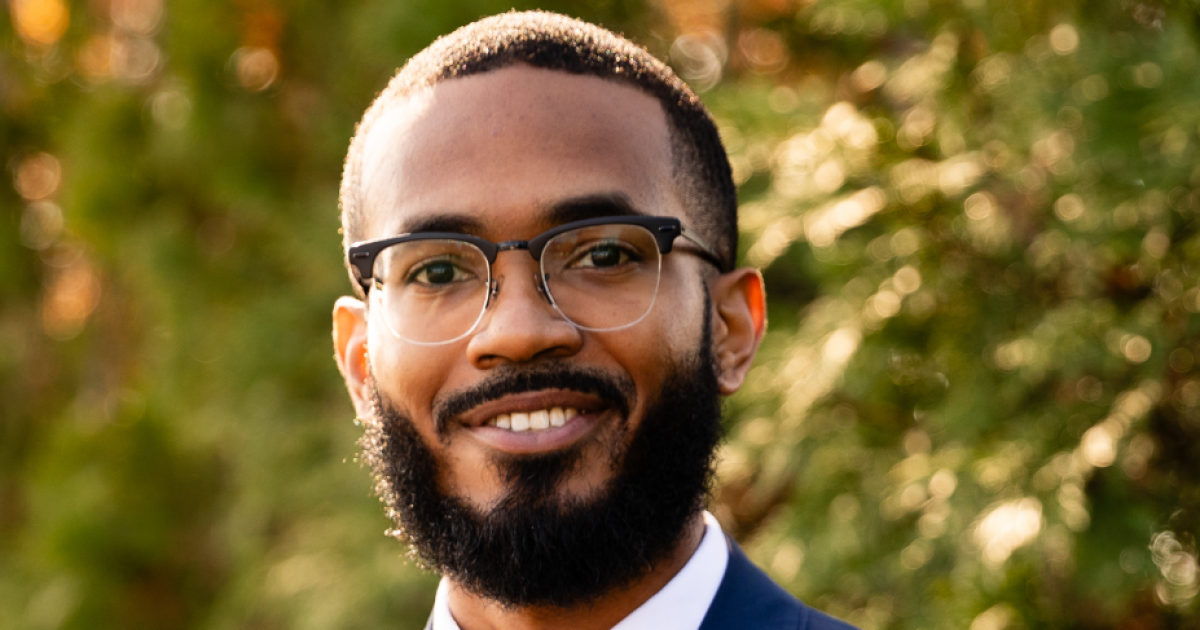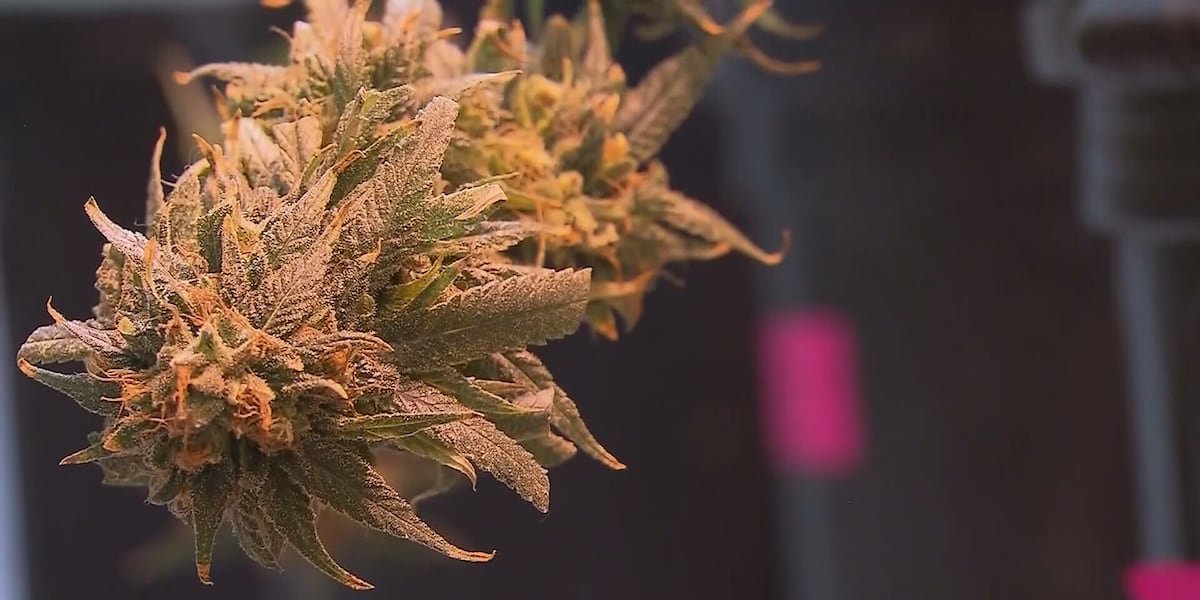On Monday, Mecklenburg County state Representative Jordan Lopez introduced a bill aimed at legalizing the sale and use of cannabis in North Carolina. Currently, marijuana is illegal in the state; however, numerous hemp shops selling cannabis products have emerged.
In an interview with WFAE’s Julian Berger, Lopez explained that the push for this bill stemmed from his campaign, where many voters, especially younger ones, expressed their desire for legalization. He noted that polling shows strong support for cannabis use across political lines, indicating that both Republicans and Democrats are in favor of legalizing marijuana for recreational and medicinal purposes.
Lopez acknowledged that while support for the bill mainly comes from Democrats, there is some backing from Republican constituents. He shared that he has received emails from Republicans, even those outside his district, expressing their support for the legislation. This, he believes, highlights a rare moment of agreement across party lines.
The bill also addresses the disproportionate impact of cannabis prohibition on communities of color. Lopez pointed out that Black and brown communities face higher arrest rates, despite similar usage rates among all racial groups. He emphasized that understanding this disparity is crucial for anyone concerned about the bill’s effects on these communities.
Additionally, the bill includes a reinvestment component, allocating 25% of revenue from cannabis sales to the Community Reinvestment Fund. Funds will also support the Historically Impacted Enterprise Fund. Lopez stated that this funding would assist individuals from historically affected communities in starting cannabis-related businesses, whether as dispensary owners or growers.
Another significant aspect of the bill is its provision for expunging past marijuana offenses. Lopez explained that if the bill passes, the Department of Public Safety or the Administrative Office of the Courts would have until 2028 to begin automatically expunging low-level marijuana offenses. However, he clarified that offenses combined with other charges, such as gun violence, would remain on an individual’s record. This change aims to prevent past convictions from affecting individuals’ lives once cannabis is legalized in North Carolina.




